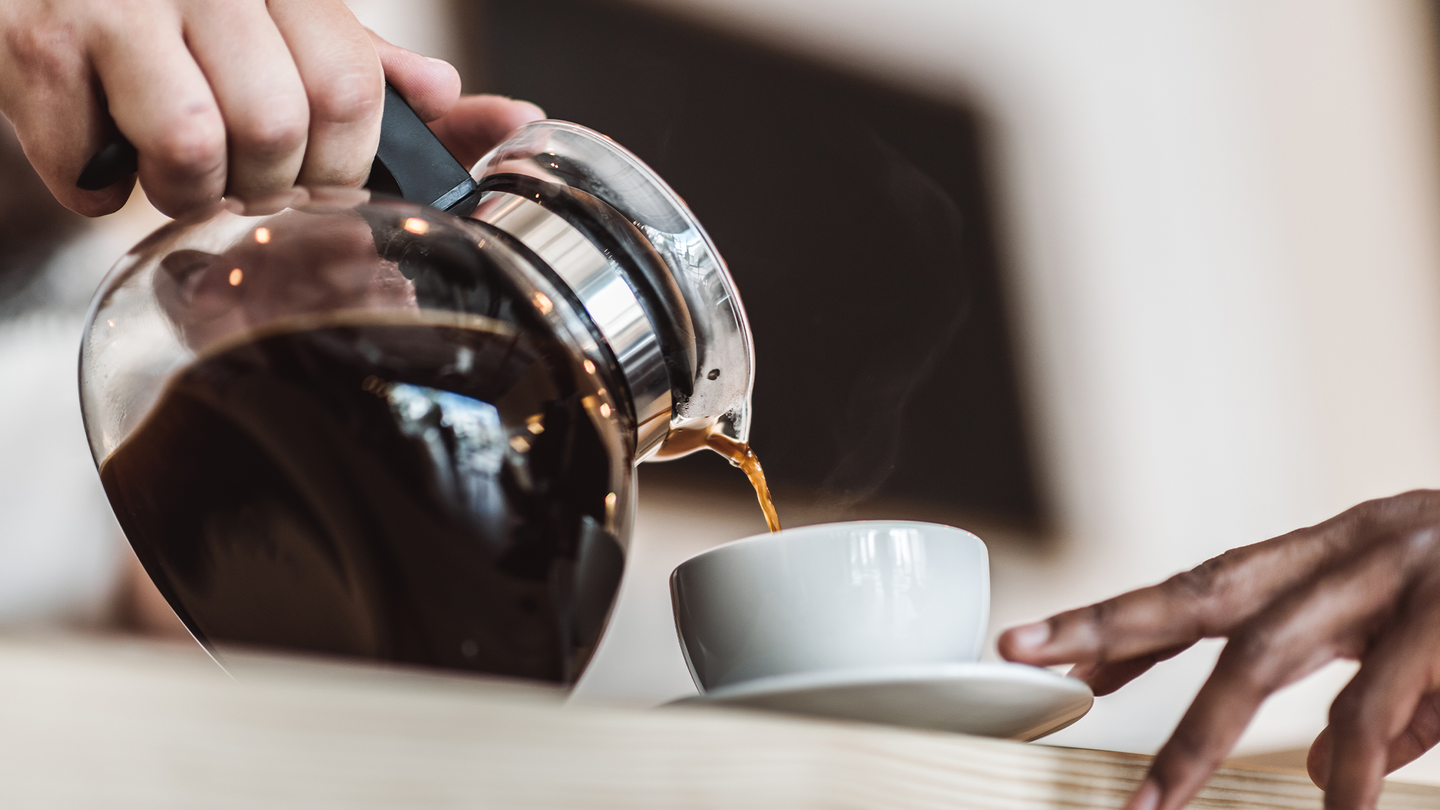
To say that it’s impossible to function before that first cup of coffee in the morning is borderline clichè, but are those beans really doing the work we think it is to perk us up? A study published June 28 in the journal Frontiers in Behavioral Neuroscience by a team based in Portugal found that the experience of consuming coffee may act a bit like the placebo when it comes to making coffee drinkers feel ready to tackle the day.
[Related: Forget black coffee—a hormone shot helped tipsy rodents sober up.]
Most coffee drinkers say their morning cup of joe makes them feel more alert and efficient due to its caffeine. This study looked at coffee drinkers to better understand if this wakefulness depends on the properties of the caffeine itself, or if it has to do with the experience of that first deliciously brewed sip.
“There is a common expectation that coffee increases alertness and psychomotor functioning,” study co-author and University of Minho neuroscientist Nuno Sousa said in a statement. “When you get to understand better the mechanisms underlying a biological phenomenon, you open pathways for exploring the factors that may modulate it and even the potential benefits of that mechanism.”
In the study, the team recruited participants who drank at least one cup of coffee per day and asked them to not eat or drink caffeinated beverages for at least three hours before the study. They then interviewed the participants and performed two brief functional MRI (fMRI) scans. One can was before taking caffeine, or consuming a standardized cup of coffee, and the other scan was 30 minutes after. The participants were asked to relax and let their minds wander during the fMRI scans. These scans are similar to traditional MRI’s, but they examine how the brain functions and its activities.
Initially, the team expected that the fMRI scans would show that those who drank coffee had a higher integration in two parts of the brain because of coffee’s known neurochemical events. They thought they’d see it in the networks of the brain linked to the prefrontal cortex–where executive memory happens–and the default mode network, which is involved in introspection and self-reflection.
The connectivity in the default mode network decreased after drinking coffee and after taking caffeine. This indicates that consuming either substance made more people prepared to transition from the restful nature of sleep and waking up to working on the tasks of the day.
[Related: How to enjoy a more sustainable cup of coffee.]
However, drinking coffee increased the connectivity in the higher visual network and the right executive control network. These parts of the brain are involved in working memory, cognitive control, and goal-directed behavior. This increase did not occur when the participants only took caffeine, which the researchers say that this means if you want to feel not just alert, but also ready to go, caffeine alone won’t do it. You need that mug of java.
“In simple words, the subjects were more ready for action and alert to external stimuli after having coffee,” co-author and neuroscientist at Jaume I University Maria Picó-Pérez said in a statement. “Taking into account that some of the effects that we found were reproduced by caffeine, we could expect other caffeinated drinks to share some of the effects. However, others were specific for coffee drinking, driven by factors such as the particular smell and taste of the drink, or the psychological expectation associated with consuming that drink.”
The team points out that it is possible that this experience around drinking decaffeinated coffee could be behind the neurological benefits. The study was unable to differentiate the effects of the drinking experience alone from the experience combined with the caffeine.
“The changes in connectivity were studied during a resting-state sequence. Any association with psychological and cognitive processes is interpreted based on the common function ascribed to the regions and networks found, but it was not directly tested,” cautioned Sousa. “Moreover, there could be individual differences in the metabolism of caffeine among participants that would be interesting to explore in the future.”
The post The ‘experience’ of a cup of coffee may be just as stimulating as its caffeine appeared first on Popular Science.
Articles may contain affiliate links which enable us to share in the revenue of any purchases made.
from | Popular Science https://ift.tt/NarXFqE



0 Comments